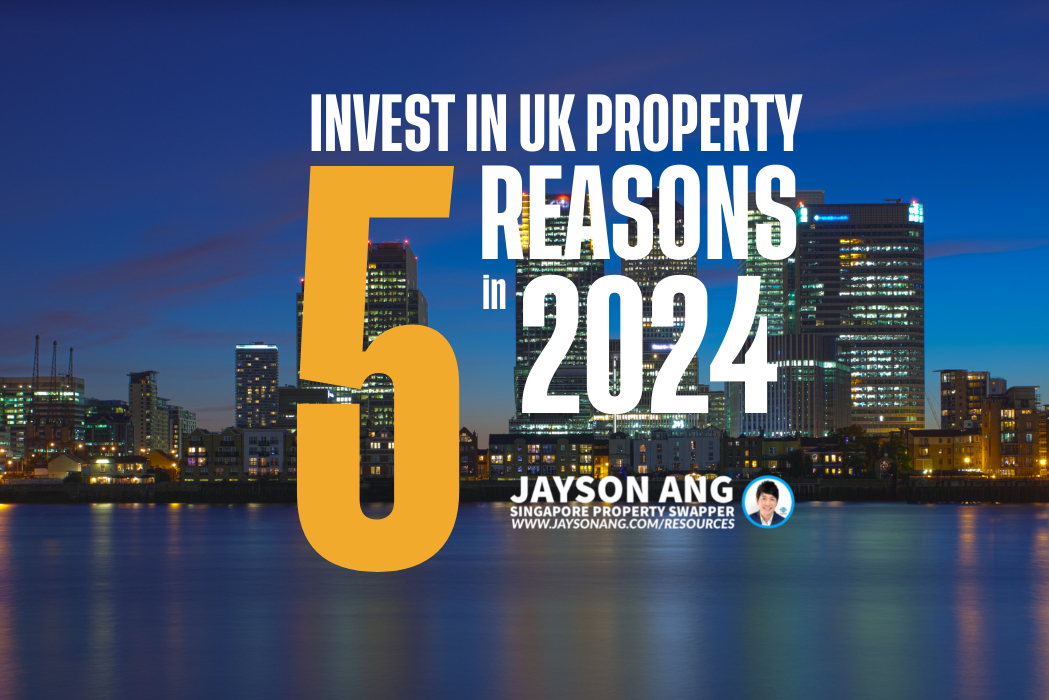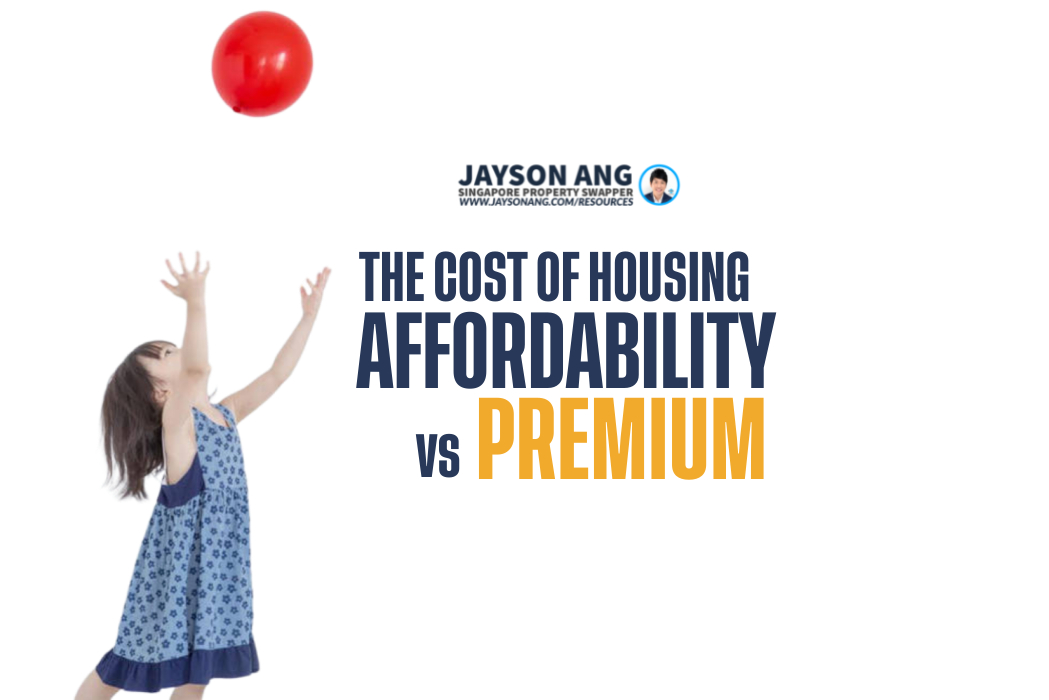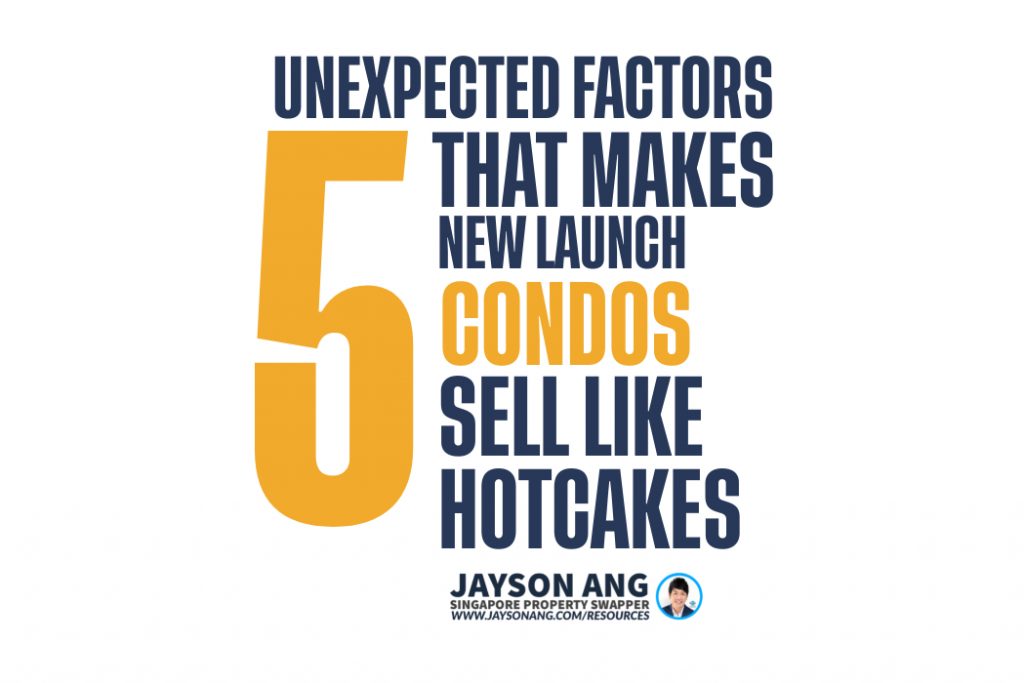TLDR
Investing in UK property in 2024 offers significant advantages over saving due to the potential for long-term value growth, protection against inflation, stable investment opportunities, additional income streams, and high demand exceeding supply. Comparing investment scenarios between now and 2026, acting now could yield an additional £25,000 by 2026. Consulting with a knowledgeable advisor can help you navigate the current real estate market and make informed decisions tailored to your unique situation.
In the realm of property investment, timing is a crucial factor. Many investors are currently on standby, hoping for mortgage interest rates to drop back to 4-5% in the foreseeable future. However, a deeper analysis of the numbers suggests a potentially more profitable strategy could be investing this year itself.
Stick with us as we reveal five persuasive arguments for taking the plunge and investing in property now, rather than allowing your funds to lie dormant in a savings account or pushing back your plans till 2026.
We aim to highlight the prospective gains for those bold enough to act now, in contrast to those who choose a more deferred approach.
1. Property Has Value Growth In The Long Term
The value of real estate in the UK has been on a steady upward climb over the years, demonstrating a reliable pattern of growth. Ten years ago, the standard price for a house was around £167,716, and today that figure has risen to an impressive £268,489. Despite periods of political and economic instability, the overall trajectory of property values has been positive.
Investing in real estate is often viewed as a secure long-term strategy. As such, choosing to liquidate your investment in the future could yield significant profits due to the consistent rise in property prices.
Furthermore, rental income serves as another advantage of owning rental properties. Even during times when interest rates are high, this income can help balance out mortgage payments and other expenses.
2. Safeguard Your Capital Against Inflation
The Times reports that the returns from savings accounts are visibly lagging behind inflation rates. In contrast, The Guardian indicates a consistent rise in real estate values parallel to inflation. Thus, as inflation takes place, the value of your property is likely to escalate.
This results in the potential for higher long-term returns from real estate investments compared to the interest earned on savings accounts.
3. Property Is A Stable Investment
Leveraging a mortgage to fund your investment allows you to contribute just a portion of the total expense. This way, you stand to gain from the possible increase in the value of a property that you didn’t wholly finance. When it comes to buy-to-let property investment, your rental earnings can essentially cover your mortgage installments, facilitating a smoother repayment process.
4. You Get An Additional Income Stream
Besides the general rise in your property’s value, owning a buy-to-let asset comes with an extra perk – an extra source of earnings. This revenue, which originates from your primary investment, serves as a form of passive income. Consequently, it can be smartly used to further expand your collection of properties.
5. Property Demand Beats Supply
In the United Kingdom, there is a strong need for properties available for lease, especially in large urban areas. When you invest in a property with the intention of leasing it out, you’re tapping into an existing market demand which guarantees a return on your investment. The significant market need further solidifies property investment as a reliable choice.
But Why Invest Now And Not When Interest Rates Decrease?
Let’s delve into the figures to comprehend the financial gains of property investment today versus a time when interest rates drop. We can expect rates to settle around 4-5% by 2026.
With the present scenario featuring a 2-year fixed rate hovering at approximately 6.5%, let’s use a property valued at £200,000 as a case study. This will allow us to ascertain the potential return on investment if you were to invest at this moment, in contrast to investing in 2026 when rates are projected to fall.
Investing Now
The prospect of an unstable market presents an opportunity for a potential discount on properties. For instance, imagine acquiring a property valued at £200,000 for a reduced price of £180,000. When you consider a deposit of 25% that amounts to £45,000, and a Loan to Value (LTV) ratio of 75%, your mortgage comes to £135,000. With an interest rate pegged at 6.5%, your annual mortgage payments become £8,775.
Now, let’s factor in a yield of 6% from rental income, which translates to £12,000 annually.
After deducting the mortgage payments, we get left with £3,225. Let’s not forget the capital growth, typically around 3%, which when added to this amount gives us an annual income of £9,225. Over a duration of two years until 2026, the cumulative sum totals to £18,450.
Remember, the £20,000 saved from the initial purchase discount acts as equity. Hence, by the close of 2026, your total earning from this investment would stand at an impressive £38,450.
Investing in 2026
By leaving your £50,000 deposit tucked away in a bank for two years until 2026 and earning a modest interest rate of 1%, you would successfully accumulate an additional £1,000 over this period. However, should you decide to invest in a £200,000 property during the same year, the benefits of any potential discounts would be non-existent due to the robust and resilient property market.
With a loan-to-value ratio of 75%, your mortgage amount will stand at £150,000. Assuming an interest rate of 4.5%, your annual mortgage payments would equate to £6,750.
Yet, even with these commitments, a promising 6% yield from rental income can still provide you with a handsome £12,000 per annum.
After accounting for mortgage payments, you are left with a neat sum of £5,250. Add to this a 3% annual capital growth (£6,000) and the initial £1,000 bank interest, your total return on investment would reach a satisfactory £12,250 by the close of 2026.
So, What Does This Mean?
Invest now, despite the increased interest rates, and you could see an additional £25,000 by 2026 compared to if you postpone until rates decrease. Don’t delay—begin your property investment venture today.
Schedule a consultation with me to discover how we can guide you towards success.
Should You Buy, Sell or Wait?
If you’re reading this, you must be trying to figure out the best course of action right now: is it the right time to buy or sell?
It’s difficult to give an exact answer since everyone’s situation is unique and what works for one person may not necessarily work for you.
I can bring you a wealth of on-the-ground experience and a data-driven approach to provide clarity and direction. From beginners to experienced investors, our top-down, objective approach will help you on your real estate journey.
I can help you by:
- Offering Strategic Real Estate Advice – I can help create a comprehensive plan to guide you through your property journey.
- Connecting Your Home with the Perfect Buyers – Through stunning visuals, an effective communication strategy, and an in-depth knowledge of the market, we’ll ensure your home is presented in the best possible way to fulfill your goals.
You May Also Like …
















































































